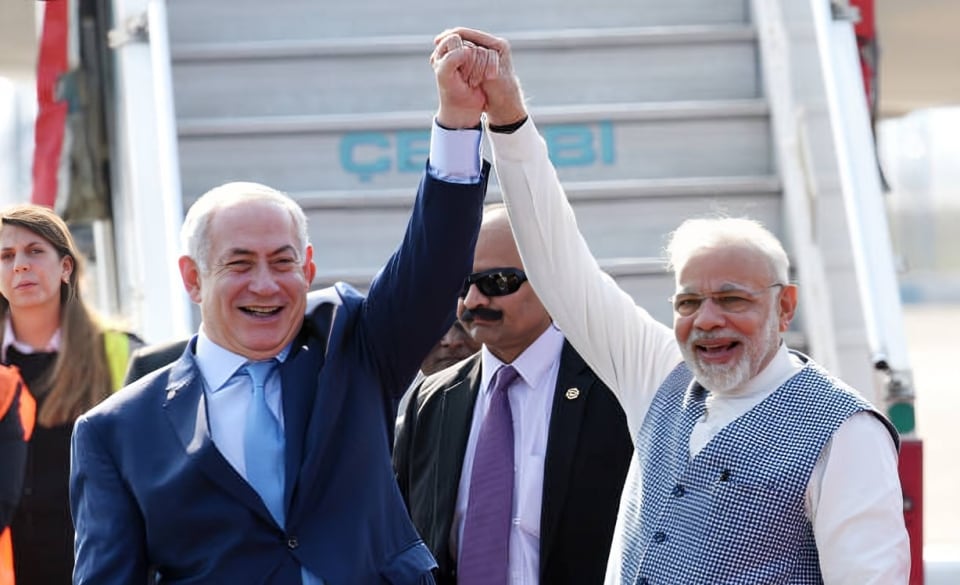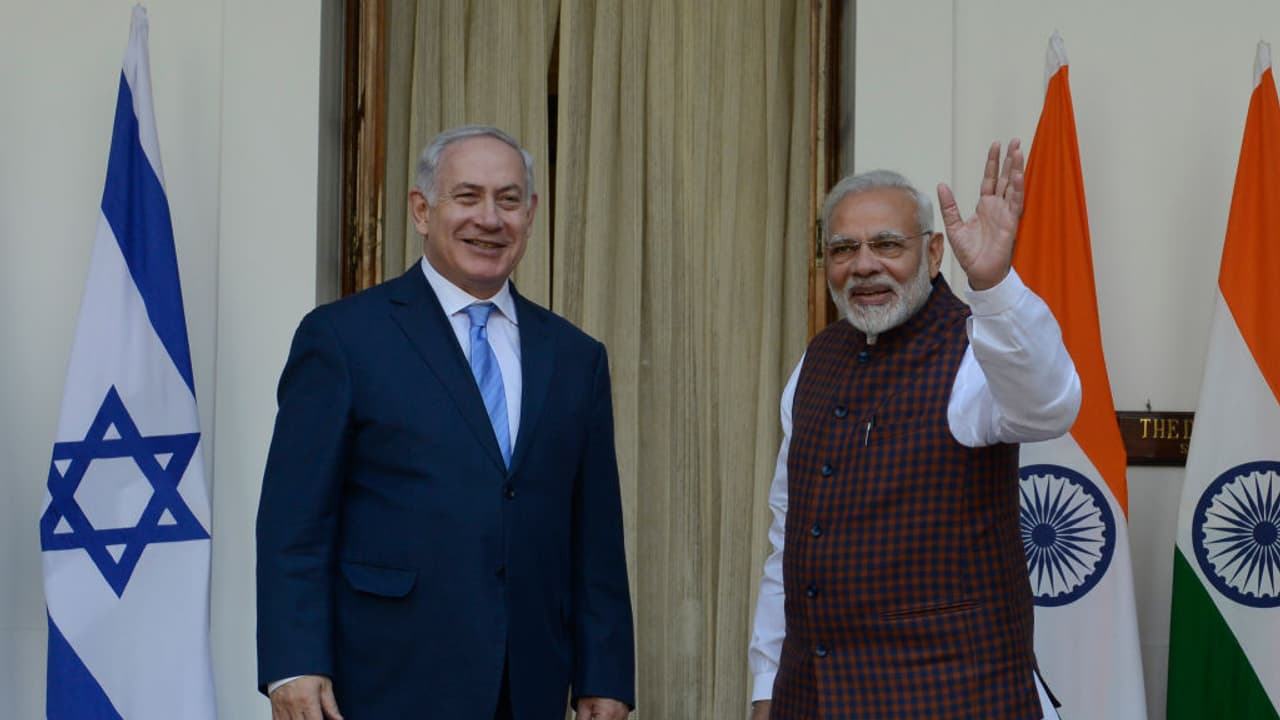India and Israel signed a new investment treaty. Here’s what it means for bilateral ties and the future of regional connectivity.
India and Israel formalized a bilateral investment treaty on September 8 in New Delhi, with Finance Ministers Nirmala Sitharaman and Bezalel Smotrich presiding. The agreement, aimed at offering stronger protections for investors, comes at a moment of shifting economic and geopolitical dynamics in the region.
The treaty pledges safeguards against expropriation, smooth capital transfers, and provisions for compensation in cases of loss. It also commits both nations to deepen cooperation across fintech, infrastructure, digital connectivity, and financial regulation. Smotrich described the agreement as a “significant strategic step” in the shared vision of both governments.
While presented as a bilateral arrangement, the deal resonates beyond its immediate scope. Observers see it as a quiet step toward advancing the stalled India-Middle East-Europe Economic Corridor (IMEC), a U.S.-backed initiative announced in 2023. IMEC was designed to link India and Europe through shipping and rail connections via the Gulf and Israel, yet progress halted following the Gaza war.
Scroll to load tweet…
Israel Seeks Partnerships Amid Growing Global Pressures
The agreement comes against a backdrop of mounting economic pressure on Israel. International investors have scaled back exposure due to the ongoing war in Gaza, leaving the government in search of secure partnerships.
In July, the European Commission proposed suspending Israel’s participation in Horizon Europe, the EU’s flagship innovation program, cutting off access to vital grants in areas such as AI and cybersecurity. In August, Norway’s sovereign wealth fund reduced its holdings in Israeli-listed companies, dropping from 61 firms to 38 within weeks. The fund currently holds about $1.86 billion in Israeli assets but has warned of further reductions.
For Israel, India’s willingness to guarantee investment protections offers a stabilizing partnership. For New Delhi, it provides an avenue to anchor ties with a crucial regional partner while signaling its ambitions for broader connectivity.
India’s Broader Regional Connectivity Push

India has been expanding bilateral agreements with key players tied to IMEC. The corridor envisions a rail-and-sea network stretching from Indian ports to Europe through Gulf and Israeli infrastructure, offering an alternative to China’s Belt and Road Initiative.
But IMEC’s momentum faltered after the October 7 Hamas attack and the subsequent Gaza conflict, which derailed progress on Saudi-Israeli normalization, seen as central to the corridor’s railway link. Despite bipartisan backing in Washington, political sensitivities across the Arab world have left regional integration frozen.
Yet India has steadily built out its bilateral framework with corridor stakeholders. It signed a bilateral investment treaty with the UAE in 2024, and Prime Minister Narendra Modi’s April 2025 visit to Saudi Arabia expanded cooperation across energy, defense, and cultural sectors. This week’s Israel agreement mirrors that pattern, suggesting that India is quietly keeping IMEC’s foundation alive through incremental steps, even if the larger political framework remains uncertain.
India and Israel’s partnership is already well established in defense, technology, and agriculture. Now, the treaty provides fresh momentum to the economic side of the relationship, with an eye toward regional infrastructure links that may one day revive the corridor concept.
Whether IMEC is ultimately realized in its original design is unclear. But the India-Israel bilateral deal highlights how the logic of economic integration is advancing, even as political obstacles linger. In this sense, the treaty is less about the immediate trade numbers, which remain modest at $800 million in investments and $4 billion in trade, and more about the groundwork it lays for a wider regional future.
